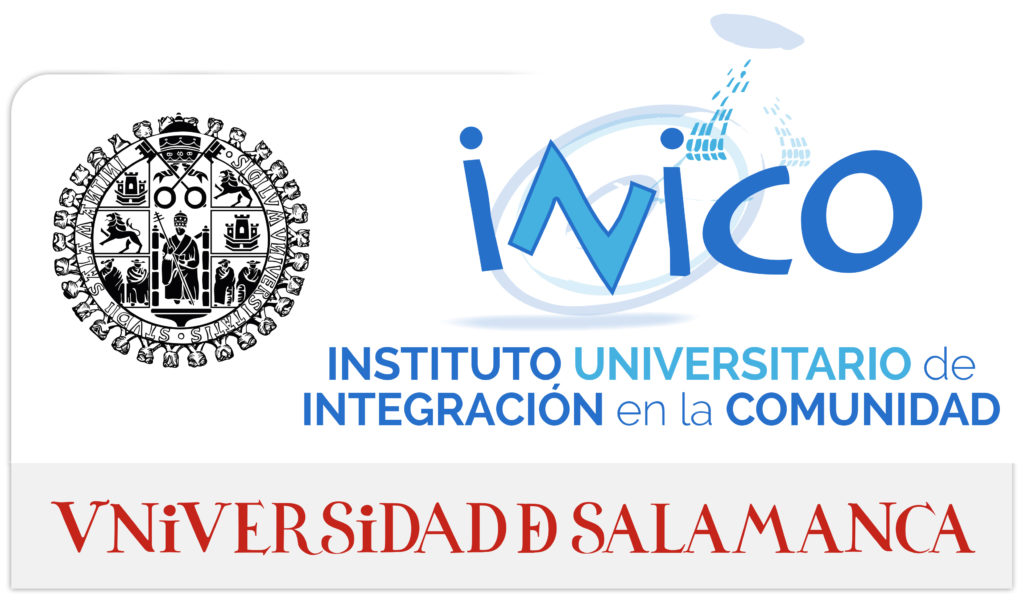Altered evoked responses for motor-related words in children with upper limb motor impairments

El Trabajo Fin de Grado: variables predictoras de la satisfacción y la nota en una muestra de alumnado de los Grados en Maestro en Educación Infantil y Primaria

Los resultados que obtiene el alumnado al realizar el Trabajo Fin de Grado (TFG) responden a una serie de factores, entre los que se encuentran algunos ligados a las características personales del individuo. El objetivo del presente estudio es analizar la influencia de varios de estos factores, tales como la autoeficacia, la motivación y el […]
Identifying teachers’ strengths to face COVID-19: narratives from across the globe

Struggling with L2 alphabet: The role of proficiency in orthographic learning

The present study examined the process of L2 orthographic learning in bilinguals with distant L1–L2 orthographies. Chinese–English bilinguals with various English proficiency levels were trained with novel L2 words during a reading task. In contrast to higher proficient learners, those with lower L2 proficiency exhibited increased effects of length, frequency, and lexicality across exposures and […]
Trends in Techno-Social Environments and Gerontechnological Innovation: A Systematic Mapping and European Initiatives

Towards an Initial Teacher Training in Comprehensive Sexuality Education (CSE): Theoretical Scopes and Presentation of Categories

Indigenous Women in Higher Education in STEM: A Case Study in Oaxaca

Observational Study of Experiential Activities Linked to Astronomy with CAQDAS NVivo

Visualising Bibliographic Metadata Using CAQDAS in the Research on the Gender Gap in STEM Studies in Higher Education

Factors associated with the gender gap in the STEM sector: Comparison of theoretical and empirical concept maps and qualitative SWOT analysis


